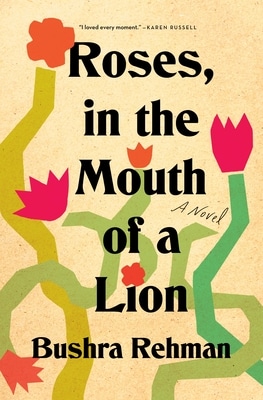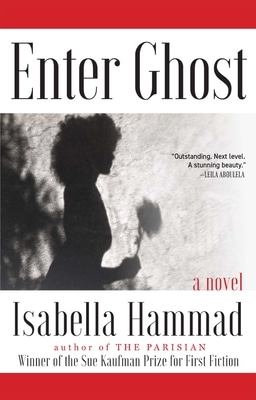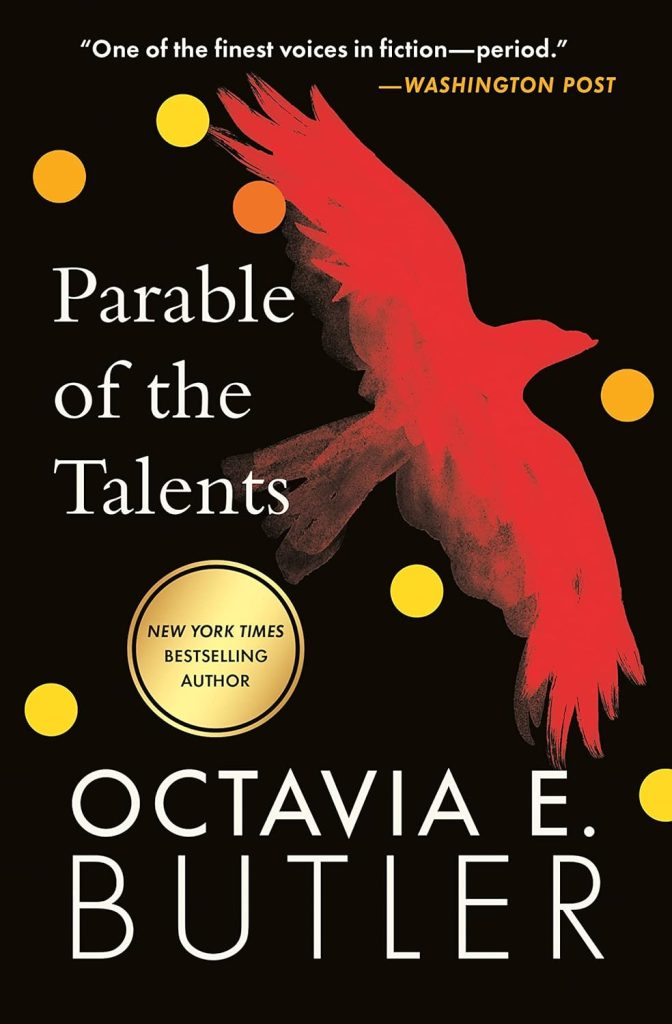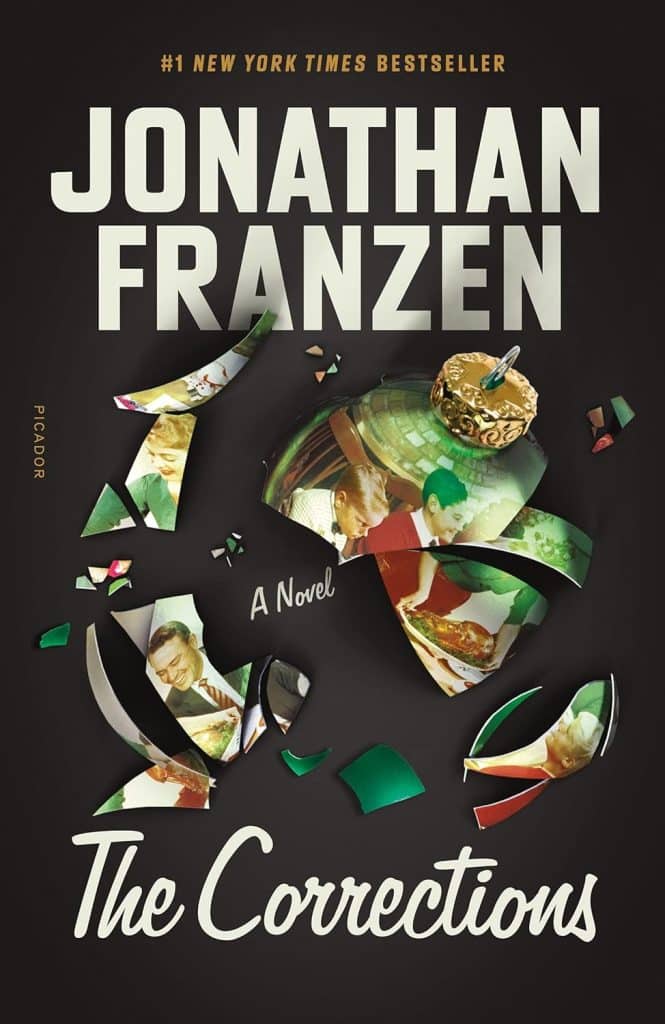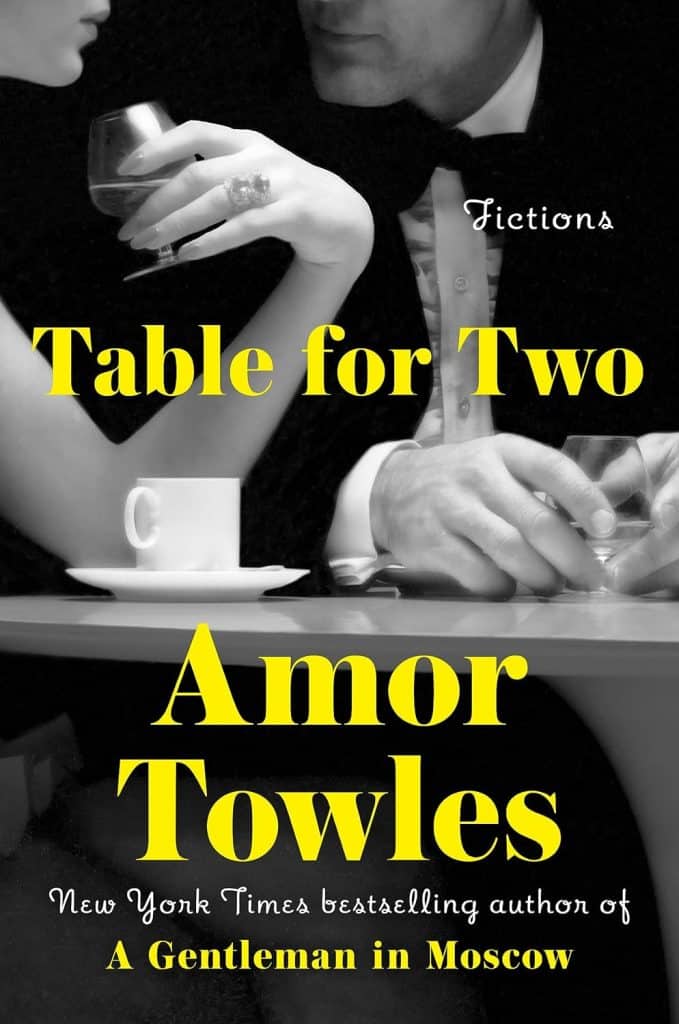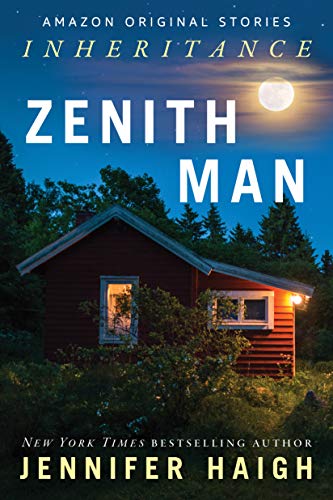
Zenith Man, Inheritance #4
Estimated reading time: 2 minutes, 22 secondsTonight I read Zenith Man by Jennifer Haigh. A 911 call begins the story. A man reports his wife had died, but no one knew he had a wife. For thirty-two years, they had been married, and only one person had seen her, but only for a minute when she said: “supper was ready.” I read the first page and immediately found myself with a short page-turner that I could not stop reading. I recommend Zenith Man.
Actual events inspired this story. For many decades, many acquaintances of Jan and mine had no idea we were married. Once they found out, the response was, “we should have known as the two of you are perfect for each other.” But they knew we were married and had met both of us.
Being a widow, I found this phrase in the story emotional and very moving.
“She was a good woman,” Harold told Cob Krug. “I was lucky to have her. I promised to keep her in sickness and in health, and that’s what I did.”
Is there anything more that can summarize the love between two people?
I highly recommend Zenith Man, part of Inheritance, a collection of five stories about secrets, unspoken desires, and dangerous revelations between loved ones. Each Inheritance piece can be read or listened to in a single setting. By yourself, behind closed doors, or shared with someone you trust. Zenith Man is the fourth one in the series I have read. The previous three were Everything My Mother Taught Me, Can You Feel This?, and The Lion’s Den.
I have enjoyed all four and look forward to reading the final one.
Now that I have read Ms. Haigh’s short story, I have added her newest novel, Mercy Street, to my queue.
The Goodreads summary provides an overview,
Whatever had been going on inside the shuttered old house, the couple who lived there kept it to themselves. Among the locals, there’s only chilling speculation.
Neighbors are shocked when Harold Pardee reports his wife dead. No one even knew the eccentric TV repairman was married. Within hours, horrible rumors spread about what that poor woman must have endured for thirty years. Until the Pardees’ carefully guarded world is exposed. New York Times bestselling author Jennifer Haigh delivers an endearing short story about our misguided perception of strangers, the nature of love, and the need for secrets.
The Jan Lilien Education Fund sponsors ongoing sustainability and environmental awareness programs. Gifts made this month; I will match dollar-for-dollar. All donations are tax-deductible.
I receive a commission when you buy a book or product using a link on this page. Thank you for supporting Sharing Jan’s Love blog.


